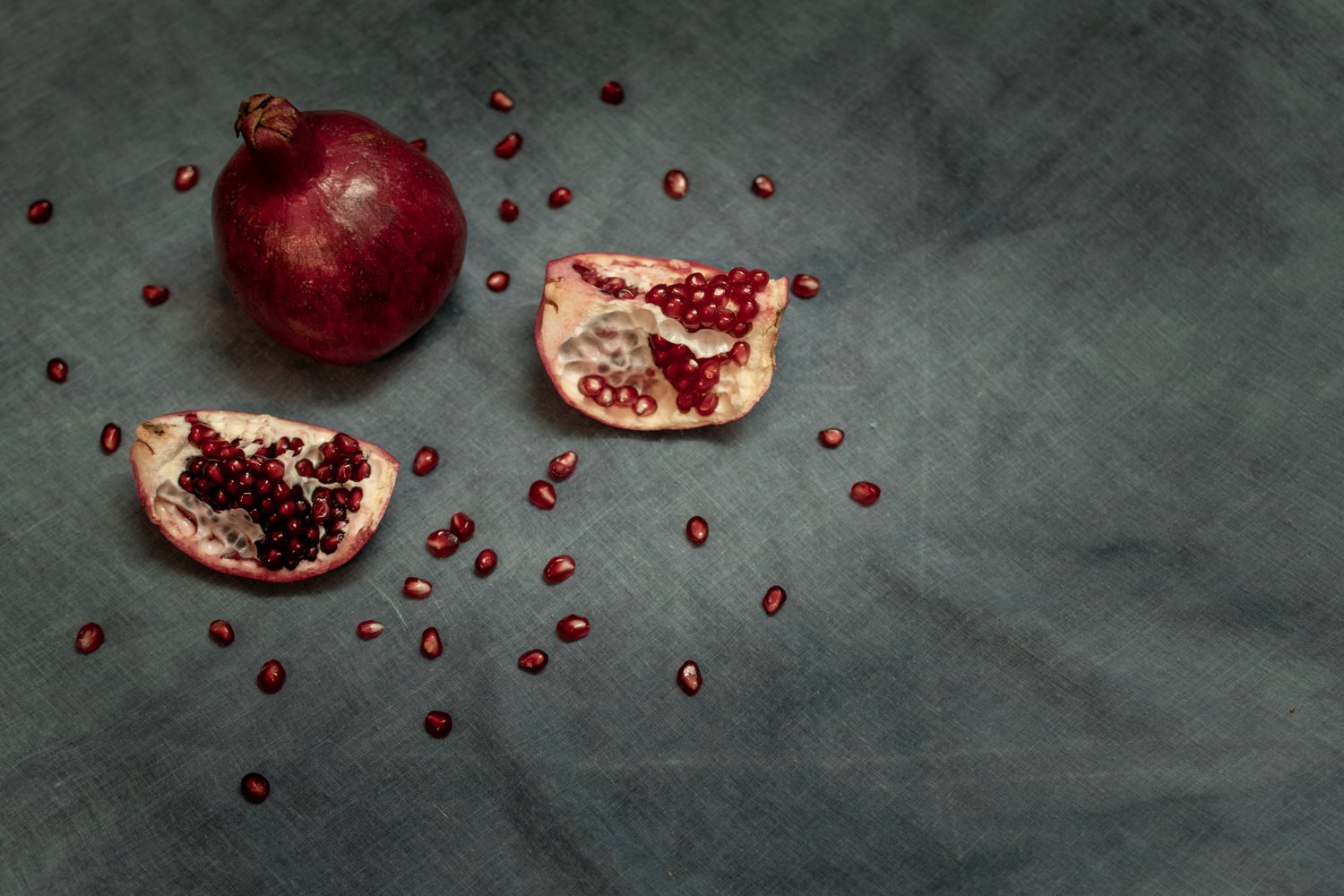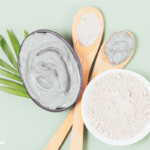Separate the seeds. For the pomegranate-eating novice, the first step is to get the seeds out of the fruit. And you need to know how to do it so that juice won’t spray all over your clothing and kitchen. One easy way to get the seeds out splatter-free is to cut off the crown of the pom, then cut it into wedges. Submerge each section in a bowl of water and gently separate the seeds from the pith with your fingers. Then just strain the seeds out and you’ll get to enjoy them without a mess. You can also cut it in half and use the back side of the spoon to hit the rind of the fruit, firmly and swiftly. The seeds (or arils) will fall right into the bowl!
Eat the seeds for a vitamin-filled snack. The seeds are called arils and they’ve got a bit of crunch in the middle, surrounded by a juicy outer layer. The arils in a single pomegranate give you 30 percent of your vitamin C requirement for the day. They’re also loaded with fiber to keep you feeling full.
Cook with crunch. Add the seeds to your breakfast any time you might use berries, like as a topping for cereal or yogurt. They also add a bit of crunchiness and a surprising, juicy tang to savory dishes. Try tossing them in with a kale salad, making a topping for chicken by mixing the seeds with chopped red pepper and orange chunks or sprinkling them on top of roasted carrots or Brussels sprouts.
Make a tangy, sweet juice. You can buy pomegranate juice, but it’s easy to make your own by cutting a fresh pomegranate in half, then use a hand-press juicer to squeeze out the bright red liquid (using cheesecloth to strain out any pieces). The juice is a nutritional powerhouse: In a small study of people with ischemic coronary heart disease, drinking a glass of pomegranate juice daily was found to improve blood flow to the heart, improving their stress test results. Also, studies have shown that pomegranate juice can help lower your risk of heart disease.
Blend them into a smoothie. Swap pomegranate juice for any other liquid to add a tart sweetness to your smoothie.




